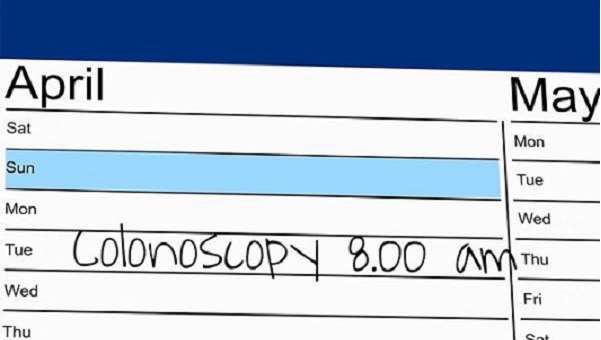What to Expect During a Colonoscopy
Many people are uncomfortable with the unknown, specifically when that unknown is a health screening or medical procedure. As we age, screenings and annual physical exams may help decrease the risk of chronic health conditions. Some of these screenings and exams include various vaccines like flu shots, mammograms and colonoscopies. Knowing what to expect may help manage expectations about the prep, the procedure and everything after that.
A colonoscopy is a medical procedure used to identify changes or abnormalities in the large intestine and rectum. Colonoscopies may be used to detect gastrointestinal disorders including rectal bleeding, abnormal bowel movements, diverticulosis, stomach pain, inflammatory bowel disease and colorectal cancer. The U.S. Preventative Services Task Force recommends that adults who are of average risk between the ages of 50-75 should be screened regularly.
The Prep
Coming soon to a bathroom near you (like really near you), the bowel prep. Bowel prep is the process of cleaning out the colon as much as possible. This gives the physician a clear view of the colon throughout the procedure. Prep methods may vary by physician, but may include special diets leading up to your procedure. Your physician may recommend cutting out foods that take longer to digest three days before the procedure. Leading up to your procedure, drink plenty of water, but avoid liquids that are red in color and may be mistaken for bleeding. Other methods and prep material include liquid laxatives, medications and enemas.
The Procedure
The ride is over and you’re one-step closer to being all clear. You may meet the medical team, which includes the physician, nursing staff and anesthesiologist. This is your time to ask questions or let the medical team know important information, like allergies or previous reactions to sedation. During the procedure, the physician will be looking for abnormalities. Polyps may be removed during the procedure and sent for tissue analysis. Length of the procedure may vary by patient, but may take 30 minutes. It’s not uncommon to feel groggy, so bring a friend to help you get home while the sedation wears off.
The Post Op
After the procedure, you may feel some cramping or discomfort. Your physician may provide preliminary results shortly after the procedure and/or schedule a follow up to discuss any tissue test results. Based on the results of the procedure, your physician will recommend when you may need to return for your next colonoscopy.
There are standard recommendations regarding screenings at certain ages, but it’s important to stay in close communication with your physician about changes in your body and family history. There may be a need for earlier screenings if you are at an increased risk.


